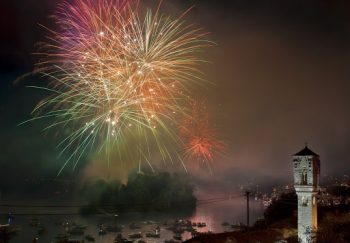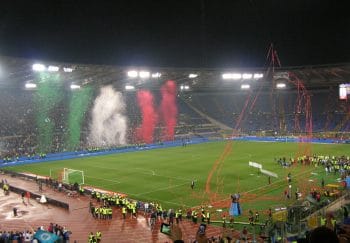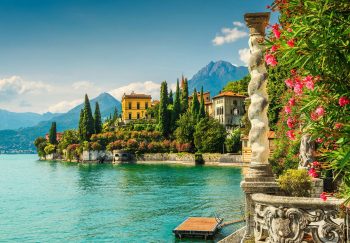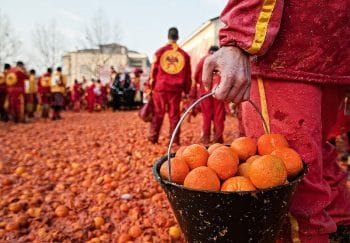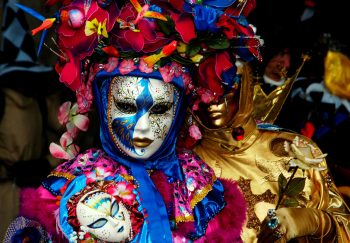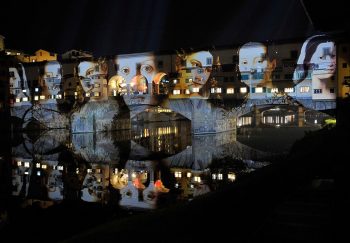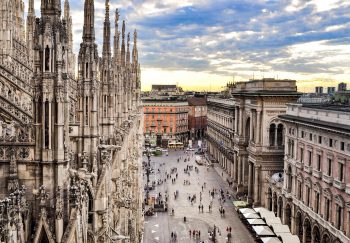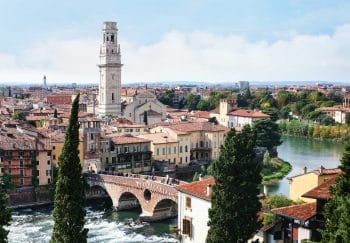The language is what makes Italy so special to me. It is intoxicating to walk down any street in Italy, and hear the pulsing staccato Italian around you. It is a language of love, art, music, and more closely linked to its Latin roots than any other living language. What we now call Italian was once a dialect from a particular region that was popularized by a famous poet.
Each city-state had its own language when modern-day Italy was made up of several independent cities. Many languages survive today, but we now call them dialects. This is local vernacular that is sometimes related to the official language in one way or another. The Tuscan dialect was one of the languages from pre-unification Italy. It is the language spoken by Dante Alighieri.
Dante’s poems based on the Tuscan dialect were widely read, well beyond his native Tuscany. The “Divine Comedy”, while not being translated into every dialect, was considered an indicator of one’s education to be able read the original text. Dante’s work was read by the upper classes of every region, so his dialect was the most well-known throughout the peninsula. Dante is therefore considered the father of Italian as we know it today.
The language that we now call Italian had already established itself as a national language in the 14th century. It was becoming more common to speak Italian after the unification of Italy in 1861. However, was not officially adopted as the national language for Italy in 2007.
Dante can finally rest easily.
It is still possible to find dialects in Italy. Some dialects are more common than others. A few of them have been recognized by the state and efforts made to preserve them. Dante’s Tuscan dialect is slightly different to Italian, but the differences are subtler than those of other dialects.
When my introductory Italian students were frustrated by one of the strange rules of the language, I used to love to tell them to blame Dante. This is meant to be both funny and to point out that every language has peculiarities we don’t understand. Dante’s word choices are not something we can question. Nor can we explain to non-native English speakers why words such as “enough” or “through” can coexist. Although I think Italian is much easier than English, I still sometimes curse Dante for not understanding the subjunctive or irregular verb conjugation.
Yet, for all my fist-shaking and the hand-wringing, I also want to thank Dante for putting together a language that an entire nation can still understand and translate into poetry, despite many centuries of regional conflicts.
2015 marks Dante’s 750th year of his birth. There are many cultural events taking place in various places, including Rome, Ravenna and Florence, from now through 2021, which marks the 700th anniversary Dante’s passing.
